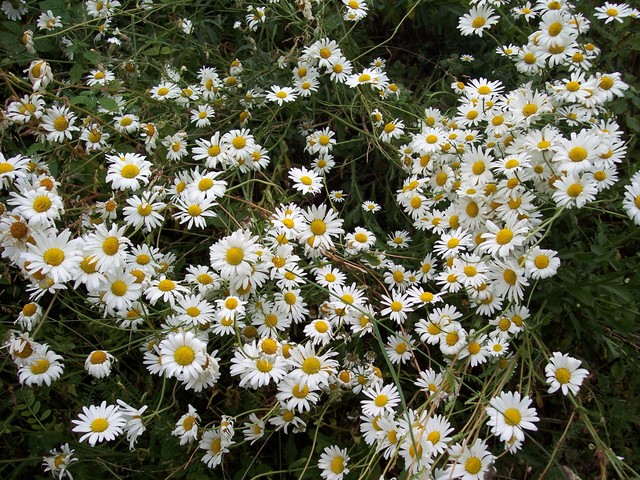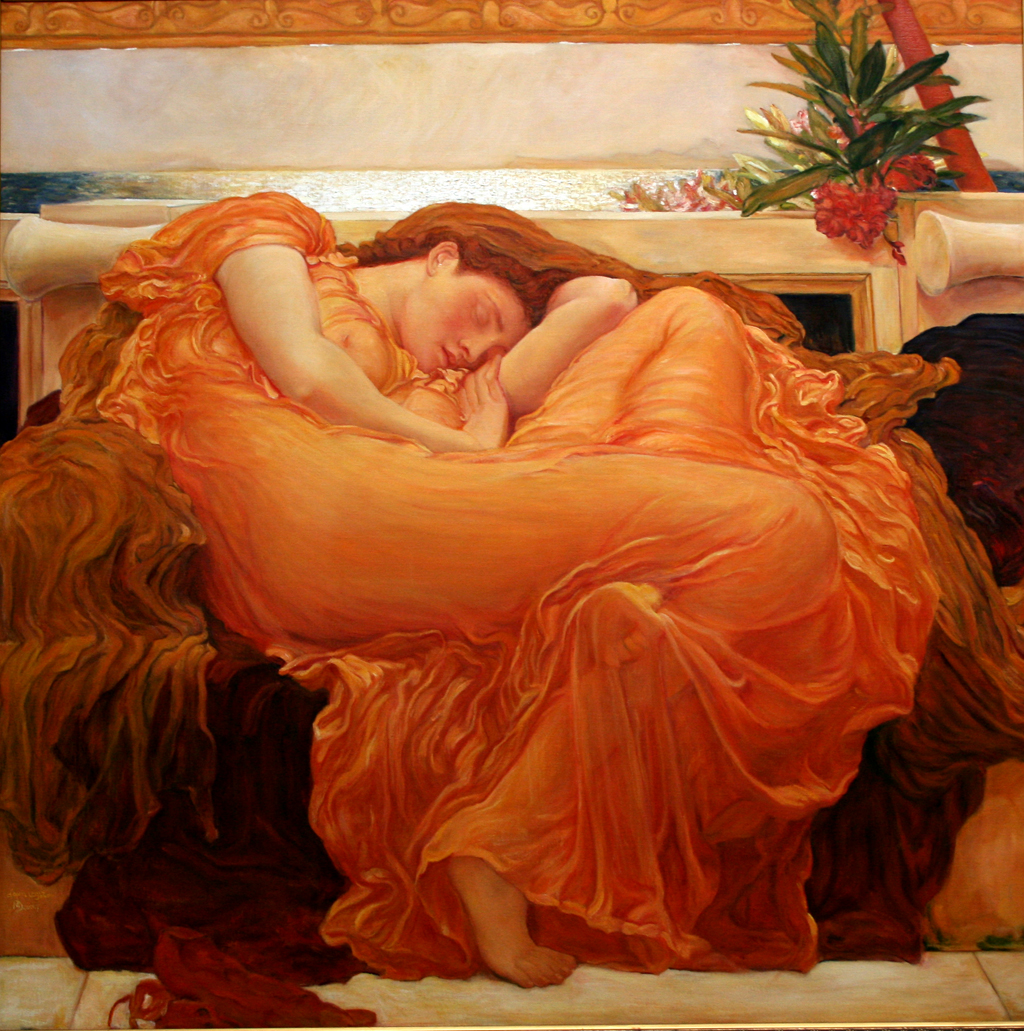'Milton has perhaps a more elevated gloomy sublimity that belongs to hell and chaos - but no man equals Homer and Shakespeare in that inspired
spirit, that raciness of nature, which animates and distinguishes every thing they mention. Every thing in Homer is enlivening and vigorous - you
fancy all glittering in the heat of the day, gilded by the setting or silvered by the rising Sun; but all Milton's mighty cherubin or seraphin seemed to draw their flaming swords, or clash their sounding shields, as if they shone through a darkened glass - dingy, red, solemn, terrible.'
Reads like Keats, doesn't it? But it's Haydon again (Benjamin Robert Haydon, see
below), writing in his diaries a few years before he met Keats. No wonder the two men took each other for kindred spirits when they did meet, and Keats was so exalted by the encounter that he was moved to verse. It could have been a fine and enduring friendship, had it not been for Haydon's behaviour in pestering his generous young friend for money at every opportunity, despite knowing that Keats was himself hard pressed and embroiled in endless difficulties over his inheritance.
Haydon was, despite the pious ejaculations that punctuate his writings, quite blind to his own faults (those ejaculations generally boil down to thanking God for allowing him to make progress on whatever Great Work he was creating - compare and contrast the prayers of Samuel Johnson). Like many who are blind to their own faults, Haydon was all too alive to those of others - and woe betide those who fell foul of him (as almost everyone did at some time or another). Here he is in full flow on Leigh Hunt (who recently made an appearance on
The Dabbler):
'This is a man who can scarcely talk of a principle he has not violated. Did he not induce his Brother under a sacred promise to put his name to two bills of 250 each, and while
I and his Brother were fagging about all day in the dirt, in order to raise the money that John might not go to prison, he never came in till three hours after his promise, because it was likely to rain! In domestic matters to his wife he is a tyrant. His poor wife has led the life of a slave, by his smuggering fondness for her Sister. He likes & is satisfied to corrupt the girl's mind without seducing her person, to dawdle over her bosom, to lean against her thigh & play with her petticoats, rather than go to the effort of furious gratification. His wife's Sister, the Aunt of his four little children - is it not cruel to keep his wife on the perpetual rack of waning affection, to praise the Sister for qualities which his wife has not, and which he knew she had not when he married her? This private conduct
must be mentioned because in private conduct a man shews his real character, being the situation in which he is uncontrouled.
He will do the most dishonourable things. I put my name once to a bill of 45 which I owed him - he scratched out 45 & made it 55, because he wanted more, and then appealed to my friendship after the bill was gone!
He affects contempt for ribbons & Stars, yet I have seen his face shake at the mention of Lord Erskine bearing a title. If there is to be a revolution and such men are to get at the head of affairs, God help us...'
And there's more - and Leigh Hunt is not the only target. How sad that a man with such gifts and such a sensibility as Haydon - a man capable of inspiring the friendship and admiration of Keats - should have spent so much of his energy in indignant vituperation and relentless cadging from all who crossed his path.
 I am going to be away for a few days, in Derbyshire and Kent, so might not be able to blog before the weekend (though you never know...).
I am going to be away for a few days, in Derbyshire and Kent, so might not be able to blog before the weekend (though you never know...).








